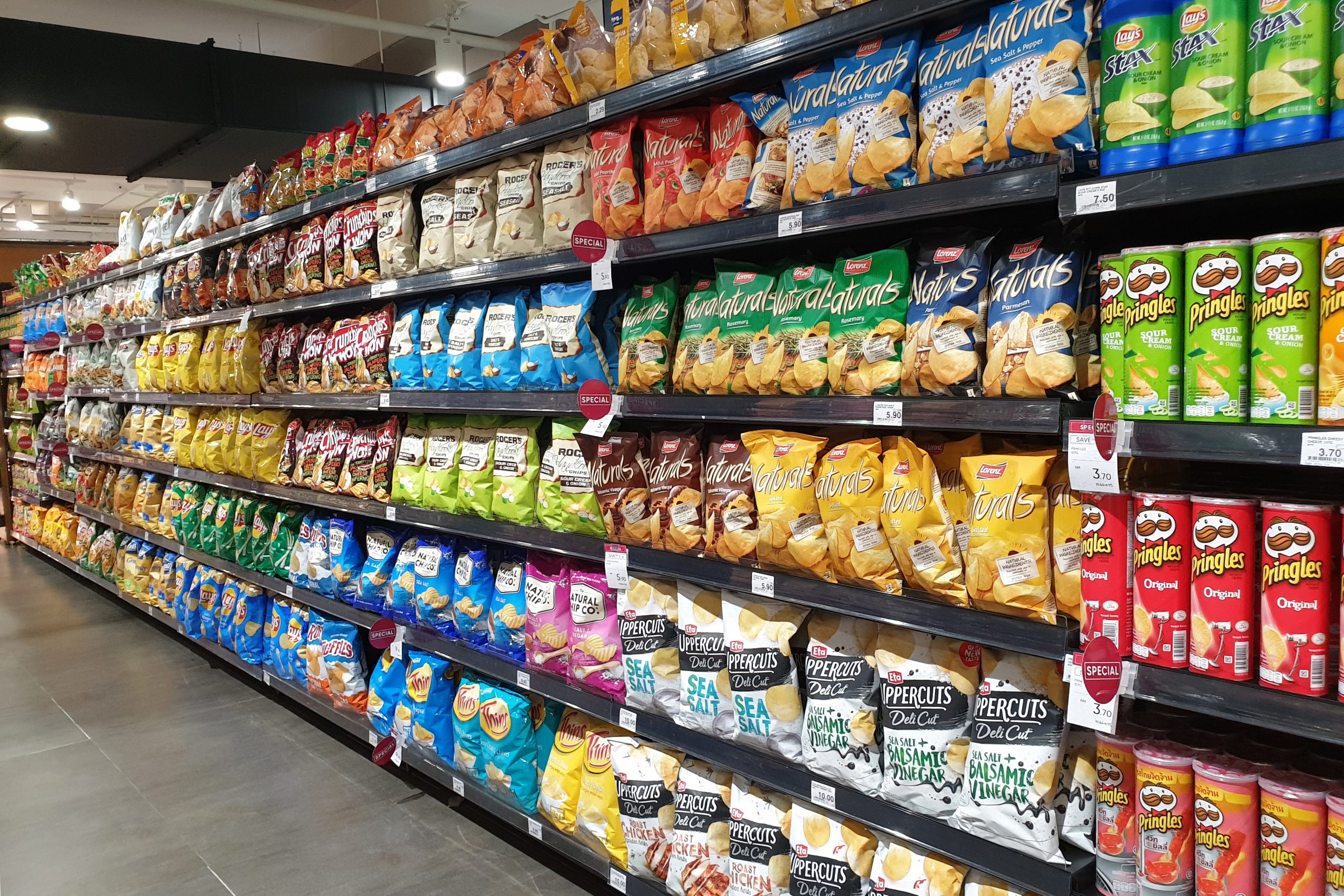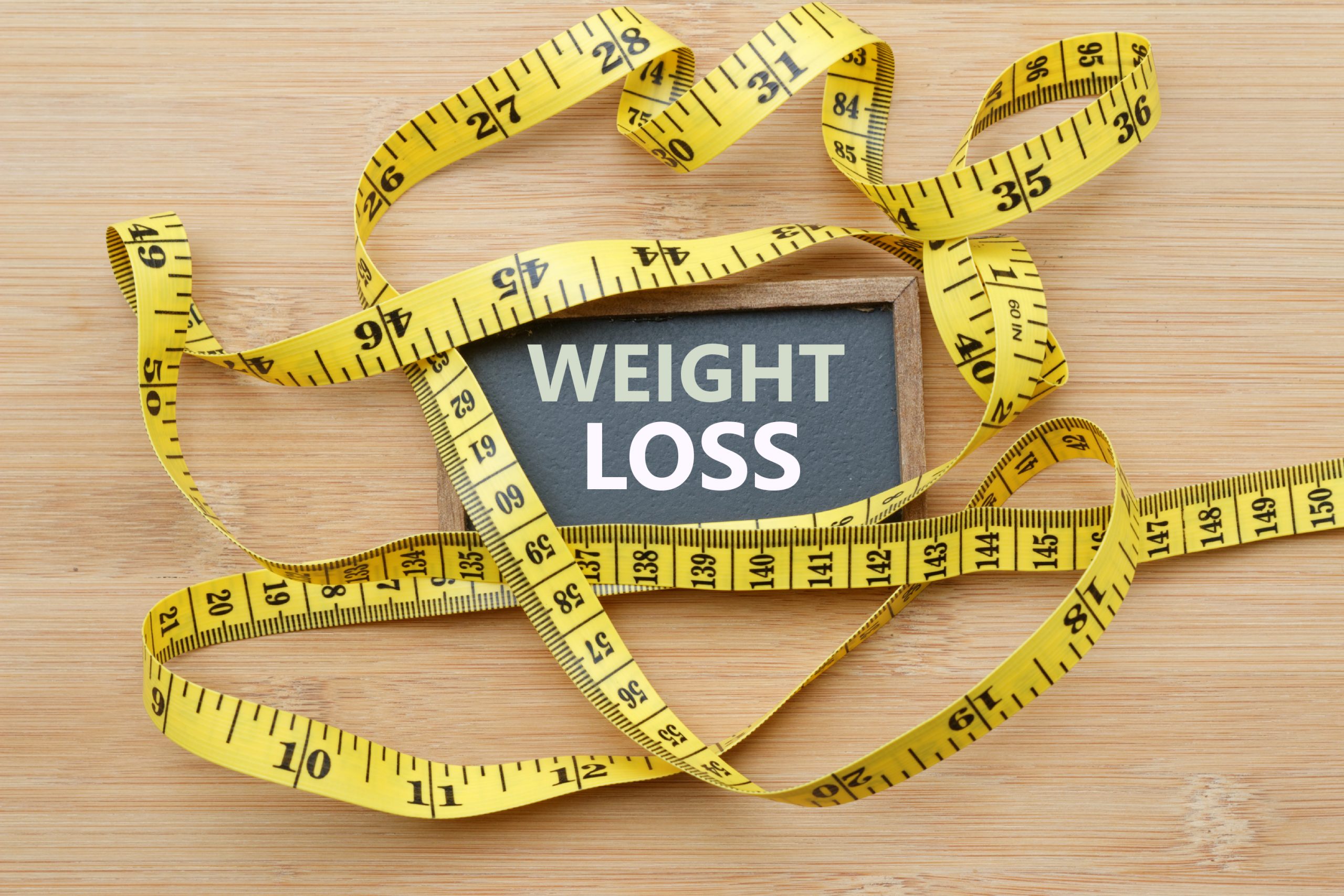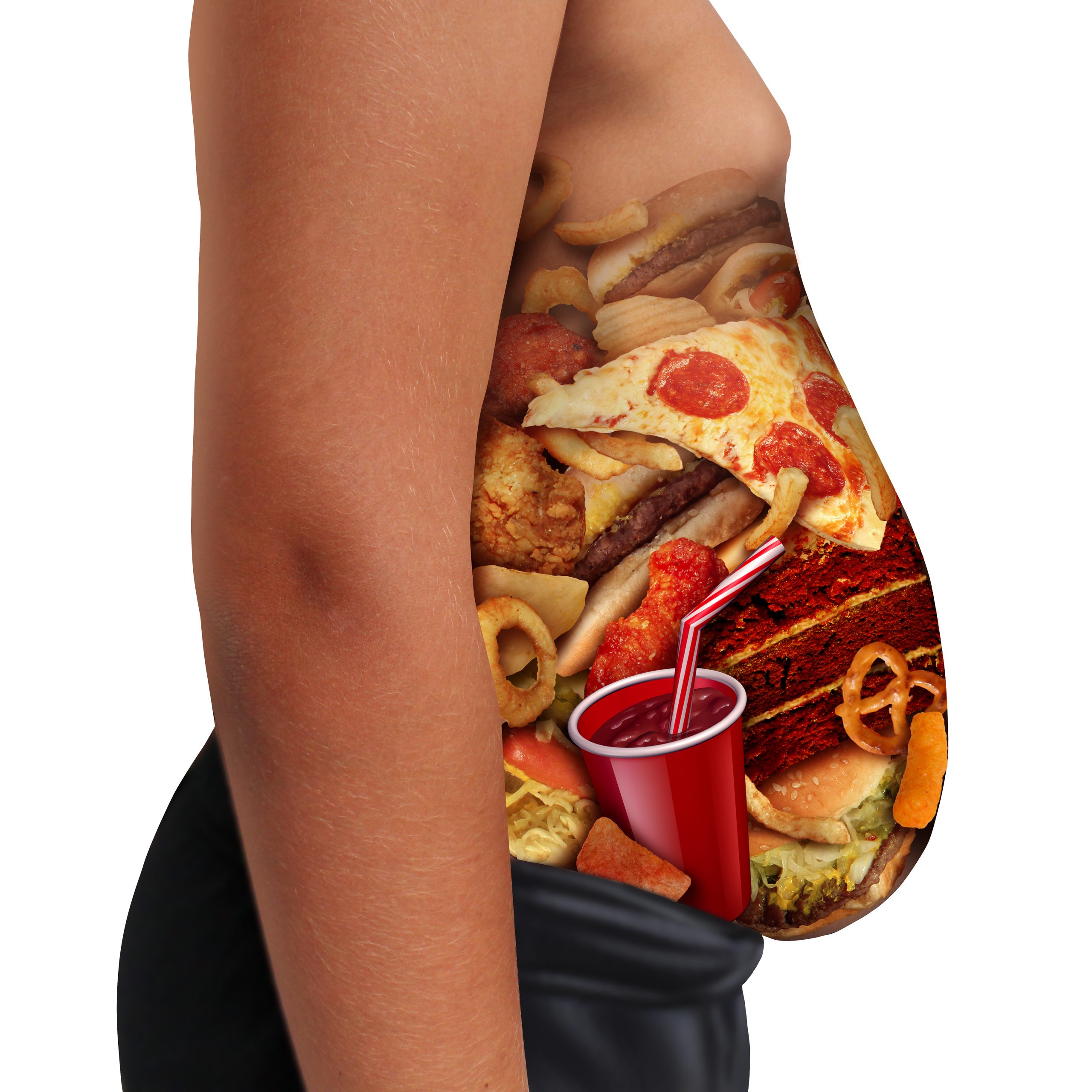When it comes to achieving weight loss goals, the quality of our diet plays a crucial role. Processed foods, which are often high in calories, unhealthy fats, added sugars, and sodium, have become increasingly prevalent in our modern diets. These foods can hinder weight loss efforts and impact overall health. In this article, we explore the impact of processed foods on weight loss.
- High Caloric Density: Processed foods are typically energy-dense, meaning they contain a high number of calories relative to their portion size. These foods often lack the essential nutrients needed for satiety and overall health. Consuming a high number of calories without adequate nutrient content can lead to overeating and weight gain. Weight loss requires creating a calorie deficit, where you consume fewer calories than you burn. Processed foods can make it challenging to achieve this deficit due to their calorie-dense nature.
- Low Nutrient Value: Processed foods are often stripped of essential nutrients during the manufacturing process. They lack the vitamins, minerals, fiber, and antioxidants found in whole, unprocessed foods. These nutrients are important for maintaining good health and supporting weight loss. When we consume a diet high in processed foods, we may be missing out on vital nutrients that contribute to overall well-being and help regulate appetite and metabolism.
- High in Added Sugars: Processed foods are notorious for containing added sugars, which can contribute to weight gain and hinder weight loss efforts. Added sugars provide empty calories with no nutritional value. They can lead to rapid spikes in blood sugar levels, followed by crashes, leading to increased hunger and cravings. Excessive sugar intake can also contribute to insulin resistance, a condition that impairs the body’s ability to regulate blood sugar levels and can lead to weight gain.
- Poor Satiety: Processed foods often lack the fiber and protein content needed to promote feelings of fullness and satiety. These foods are typically low in fiber, which is essential for digestion and maintaining a healthy weight. Fiber-rich foods help slow down digestion, keeping us feeling satisfied for longer periods and reducing the likelihood of overeating. Without adequate fiber, processed foods can leave us feeling hungry shortly after consuming them, leading to increased calorie consumption throughout the day.
- Increased Cravings: Processed foods are often engineered to be hyperpalatable, meaning they are designed to be highly appealing and addictive. These foods are typically high in added fats, sugars, and salt, which can trigger pleasure centers in the brain, leading to cravings and overconsumption. The intense flavors and textures of processed foods can make it challenging to resist cravings and adhere to a healthy eating plan, hindering weight loss efforts.
- Impact on Metabolism: Regular consumption of processed foods can negatively impact our metabolism. Some studies suggest that diets high in processed foods can lead to insulin resistance and metabolic syndrome, both of which are associated with weight gain and increased risk of chronic diseases. These conditions can impair the body’s ability to regulate blood sugar levels and metabolism, making weight loss more challenging.
- Poor Food Choices and Portion Control: Processed foods are often convenient and readily available, making them a go-to choice for many individuals. However, these foods are typically high in calories and low in nutrients. Regularly consuming processed foods can lead to poor food choices and a lack of portion control. It’s easier to consume excessive calories when relying heavily on processed foods, hindering weight loss progress.
To support weight loss and overall health, it’s important to minimize the consumption of processed foods and focus on a diet rich in whole, unprocessed foods. Opt for nutrient-dense options such as fruits, vegetables, whole grains, lean proteins, and healthy fats. These





